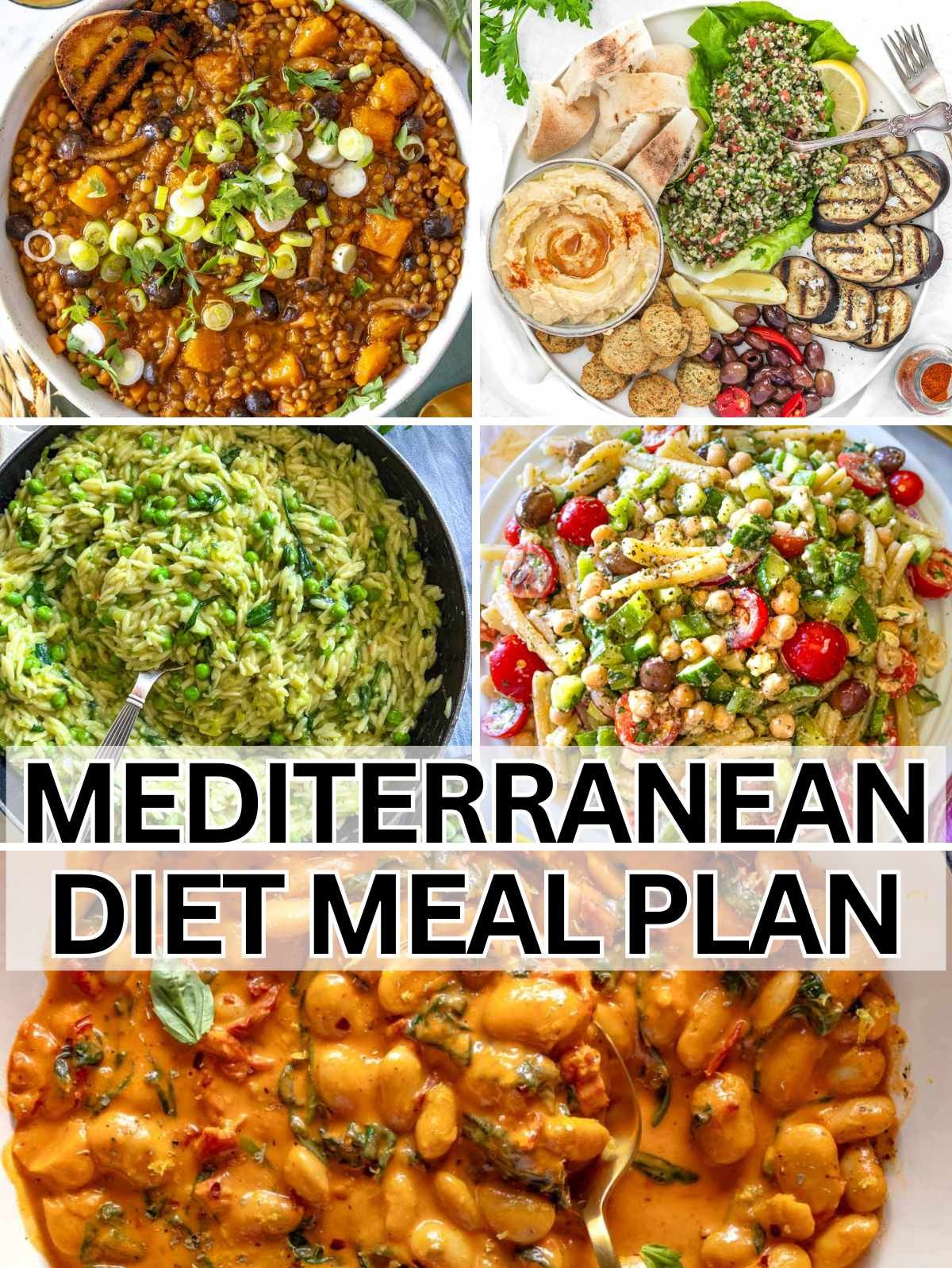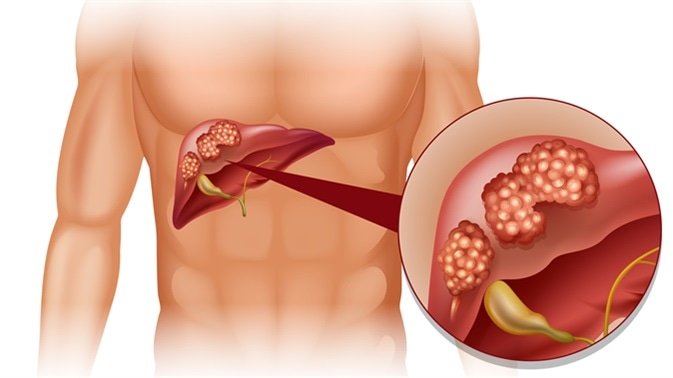The Mediterranean Diet Plan has become one of the most popular and trusted diets worldwide. Inspired by the traditional eating habits of countries bordering the Mediterranean Sea, such as Greece, Italy, and Spain, this diet emphasizes whole foods, healthy fats, lean proteins, and plant-based nutrition. It is not just a diet but a lifestyle that promotes overall well-being and longevity.
What is the Mediterranean Diet?
The Mediterranean diet focuses on natural, unprocessed foods that are rich in nutrients and antioxidants. Unlike fad diets, it does not restrict calories or eliminate food groups. Instead, it encourages balanced meals that include:
- Fresh fruits and vegetables
- Whole grains
- Legumes and nuts
- Olive oil as the primary source of fat
- Moderate amounts of fish and poultry
- Limited red meat and sweets
This approach makes it easy to follow and sustainable for long-term health benefits.
Health Benefits of the Mediterranean Diet
1. Heart Health
One of the main reasons people choose the Mediterranean diet is its proven effect on heart health. The diet is rich in omega-3 fatty acids, fiber, and antioxidants, which reduce bad cholesterol and improve blood circulation. Studies show it lowers the risk of heart disease and stroke.
2. Weight Management
Unlike strict low-carb or low-fat diets, the Mediterranean plan promotes balance. Because it focuses on whole, nutrient-dense foods, it helps control appetite and supports gradual, sustainable weight loss.
3. Brain Function
The diet’s emphasis on healthy fats, such as olive oil and nuts, has been linked to improved memory and reduced risk of Alzheimer’s disease. Nutrients like vitamins E and C also support brain health.
4. Reduced Risk of Chronic Diseases
By lowering inflammation in the body, the Mediterranean diet helps reduce the risk of type 2 diabetes, certain cancers, and digestive issues.
Foods to Eat in the Mediterranean Diet
- Vegetables: Spinach, tomatoes, cucumbers, peppers, zucchini
- Fruits: Oranges, apples, berries, grapes, bananas
- Whole Grains: Oats, brown rice, quinoa, whole wheat bread
- Healthy Fats: Extra virgin olive oil, nuts, seeds, avocados
- Proteins: Fish (salmon, sardines), chicken, legumes, eggs
- Dairy (in moderation): Yogurt, cheese
- Herbs and Spices: Garlic, basil, rosemary, oregano
Foods to Avoid in the Mediterranean Diet

Even though the Mediterranean diet is adaptable, it recommends restricting the intake of the following:F
- Processed foods and refined sugar
- Packaged snacks and fast food
- Red and processed meats
- Butter and hydrogenated oils
- Sugary drinks like soda and energy drinks
Sample Mediterranean Diet Meal Plan
Here’s a simple one-day meal plan to get started:
- Breakfast: Greek yogurt topped with honey, walnuts, and fresh berries
- Lunch: Grilled chicken with quinoa salad, cucumber, tomatoes, and olive oil dressing
- Snack: A handful of almonds with an apple
- Dinner: Baked salmon with roasted vegetables and brown rice
- Dessert: A small piece of dark chocolate or fresh fruit
Tips to Follow the Mediterranean Lifestyle
- Cook with olive oil instead of butter or margarine.
- Incorporate at least 2–3 servings of fish per week.
- At each meal, fill half your plate with fruits and veggies.
- Use herbs and spices for flavor instead of excess salt.
- Stay active with daily exercise or walking.
- Enjoy meals with family and friends, as social connection is a key part of the lifestyle.
The Mediterranean Diet Plan is more than just a way of eating—it is a lifestyle that emphasizes fresh, wholesome foods, physical activity, and mindful living. Backed by science, it helps improve heart health, manage weight, boost brain function, and prevent chronic diseases. By making small, consistent changes and following its principles, anyone can enjoy better health and a longer, more energetic life.
How Alcohol Works in Human Body?
10 Superfoods to Boost Your Energy Levels
Read Also: ecommerce natural body cure products
![]()





